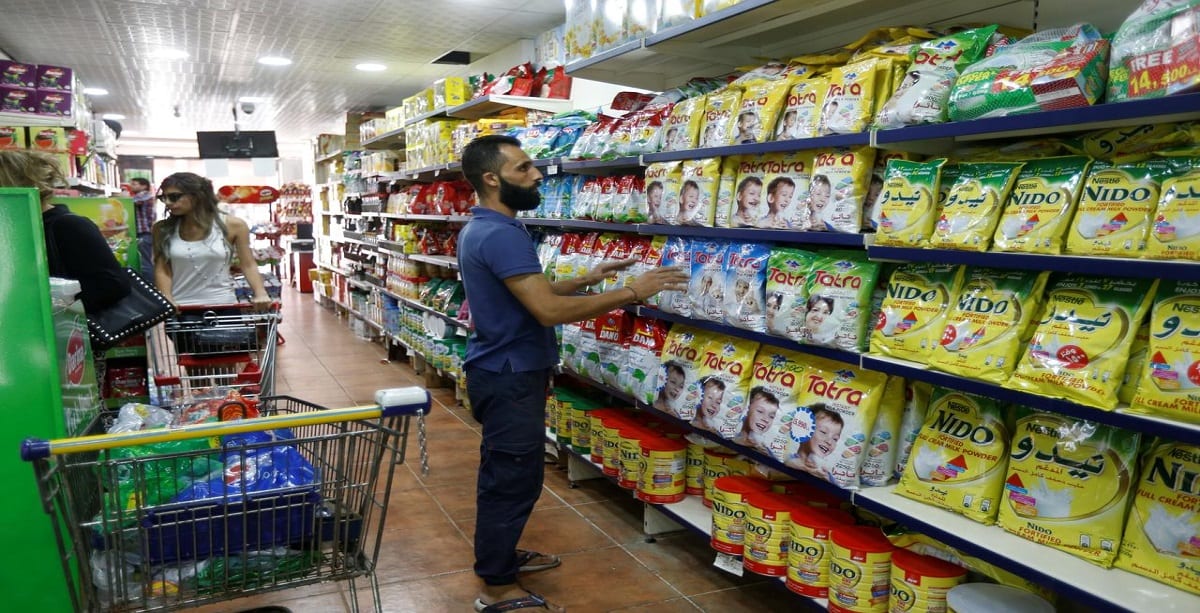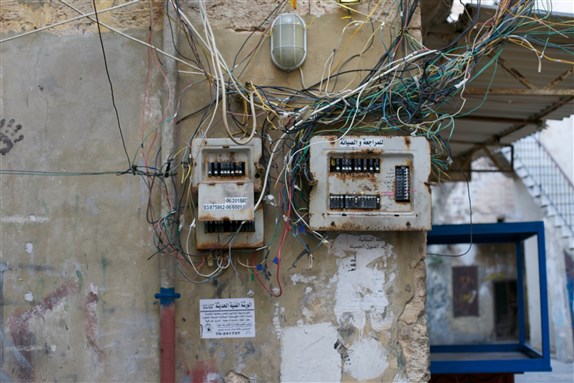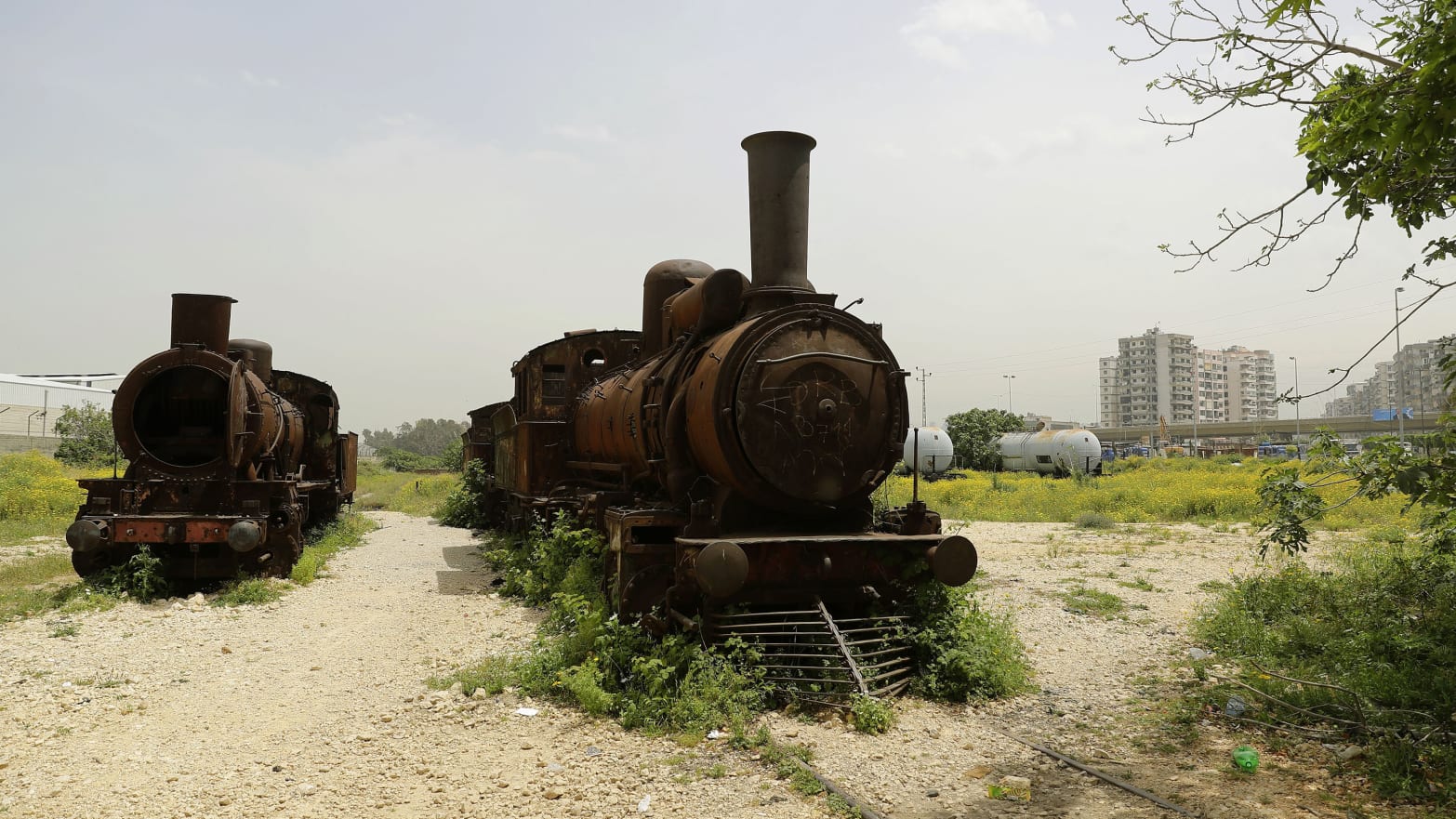On June 6th, Lebanese protesters have called to reignite the revolution that first began on October 17, 2019. The protests show that many people have put aside their political views, tired of the age-old corruption and mismanagement of the country’s affairs, and they are aching for change.
The reality is that Lebanese people have a billion other problems before getting into politics. These are issues that affect everyday life, the basic functioning of beings. There are many, and here are the most relevant:
#1 Electricity
In Lebanon, 24-hour electricity is a luxury that nearly nobody has and that most residents have really forgotten how it is like. That’s how long that issue has been going in the country.
People have to pay twice a month for electricity; one bill to the government and the other for backup generators.
#2 Garbage
The pungent smell of piles of soggy garbage fills the air in Lebanon. That waste management problem has been going on for over five years now, and those in charge of the country haven’t somehow been able to implement a solution.
#3 Water
Despite the fact that Lebanon is wealthy with natural water – springs, rivers, lakes, waterfalls, and you name it – the Lebanese have been enduring a water problem for too long. As of yet, there has been no proper distribution of water to all parts of the country.
#4 Roads
When you pop a tire on these roads you don’t question why, you just change the wheel and keep driving. When rainfall is abundant, you don’t question why your car is swimming or suddenly floating, or where the road has (OMG!) disappeared, you just have to make your way out the best you can.
#5 Transportation
Lebanese people deserve not to sit for hours stuck in traffic jams. In such a small country, it can’t be impossible to build an organized transportation system, like a railway along the coastline to take you from point A to point B.
Public transportation was much more developed in the past before the civil war, so why not revive that?
#6 High cost of living

Lebanese people are suffering from an increasingly high cost of living. Due to the dollar crisis, there are price hikes on basic items at the grocery stores, clothing, rent, services, etc. The latest reports show an increase of 70% in food prices in less than seven months.
#7 Few job opportunities

Degrees hang on the walls in Lebanese homes, serving as decor more than anything else. Many have had to leave the country in search of better jobs, but with the struggles of immigration, even that has become difficult.
According to surveys, job creation in Lebanon was rated a deplorable 4%. Furthermore, Arab Barometer reported that 95% of those who took a survey expressed that their wanted jobs were obtained through “wasta.”
#8 Social security
Social security or “daman” is important to have in Lebanon mainly for covering medical fees. Many people have been rejected care from hospitals and some have died at hospital doors because their social security can’t even cover medical fees (which have become even more expensive with the dollar crisis).
A report from Arab Barometers revealed that a staggering 66% of those who took surveys admitted to the need of paying a bribe to obtain better healthcare services in general.
#9 Housing

People are no longer able to get housing loans in Lebanon and rent (normally paid in dollars), which already took a large chunk of an employee’s salary and has tripled because of the dollar crisis.
#10 Education system
Despite efforts, the country’s public education system is not the most well-managed nor is it very updated.
Therefore, most parents spend their lives paying tuition to send their children to private schools and universities, which are pricey. In turn, graduate students end up failing to find job opportunities (which is heartbreaking for every parent).
According to surveys by Princeton University, 63% have admitted that paying a bribe is necessary to access better quality educational services.
#11 Internet
The connection in Lebanon is so slow; would it be a stretch to say that dinosaurs had better internet? People always complain that they never feel like they are getting what they pay for from internet companies.
#12 Mobile package

Lebanon has probably the most outrageously expensive mobile plans on earth and very weak infrastructure. One phone card isn’t even enough to last you a month. For those who don’t know, both mobile companies in Lebanon are controlled by the state.
#13 Women’s Rights

Patriarchal societies do still exist in some parts of the world but women have started breaking the glass ceiling.
However, Lebanon is brimming with toxic masculinity and gender-bias laws, some of which are totally inhumane, like in divorce cases and the basic right of mothers to their children. Lebanon has even a law that goes against the undebatable scientific constitution of life, denying Lebanese women’s DNA: Mothers cannot give their citizenship to their own children. Only fathers can.
#14 Kafala System

Many Lebanese have long been demanding the abolishment of the Kafala system, a sponsorship system that brings migrant workers into Lebanon and places them at the total mercy of their employers.
There have been many recorded cases of mistreatment of workers who come here in search of better opportunities.
#15 “Wasta” (connections)

In Lebanon, you are who you know. “Wasta” gives you an unfair advantage in life. If you want to reach any position, if you need to solve an unfair issue with the state-run institutions, if you have problems with government papers, if you want to get out of paying a fine, and so on, you’ll be sending out IOUs.
Bribes are not uncommon, and although no one can actually prove it, everyone knows it exists, and reports are out there revealing their existence.
#16 Banking
Lebanon was known for its excellent level of banking services, until recently. Hence we left this till the end, not because the issue is of less importance, but because it is a new crisis, a massively painful one.
People have no longer easy access to their own money they entrusted the banks with. They have been restricted to limited withdrawals that can’t even cover their family monthly needs, leading to more misery than the people can handle.
These are among the most relevant issues Lebanese people care more about than politics, and for legitimate reasons. They have been making their lives miserable for a long time.
Some have surrendered to the status quo and letting things be. Some are too scared to disturb their beloved leaders or in total denial of who is at fault. But most have had enough.
These are the ones you see protesting on the streets of Lebanon. They are those who know that the Lebanese nation deserves better, and the country’s governance should be much better, and they want the changes to happen once and for all.






